What is the Best Probiotic for Gut Health?
The popularity of probiotics is increasing every day like never before. New products contain probiotics daily, from drinks and foods to hygiene products and digestive medicines.
But what is the best probiotic for gut health? To introduce beneficial microbes into your health routine, is it necessary to buy expensive, special supplements labeled as “probiotics”?
Let’s break it down.
Why are Probiotics for gut health necessary?
All life has come from microbes, and all life on this planet relies on microbes to thrive. Humans, as well as other animals and even plants, have something called a microbiome. The microbiome is an ecosystem that contains microbes, the host environment, and everything the microbes produce.
If you were to count cell for cell… the cells making up your body are only 10% human cells. The other 90% are microbial cells you carry around every day.
When you compare DNA, the results are even more impressive. We don’t have many more genes than simple organisms like roundworms… only about 22,000. So how can we explain why humans are so advanced?
Our 22,000 functional human genes only make up 3% of the total genes we carry in and on our bodies. The other 97%… those genes are microbial.
On your body right now, gene for gene, you are only about 3% human. The rest of the functional DNA on your body is from microbes. This fact alone indicates how vital our microbiomes are to our health.
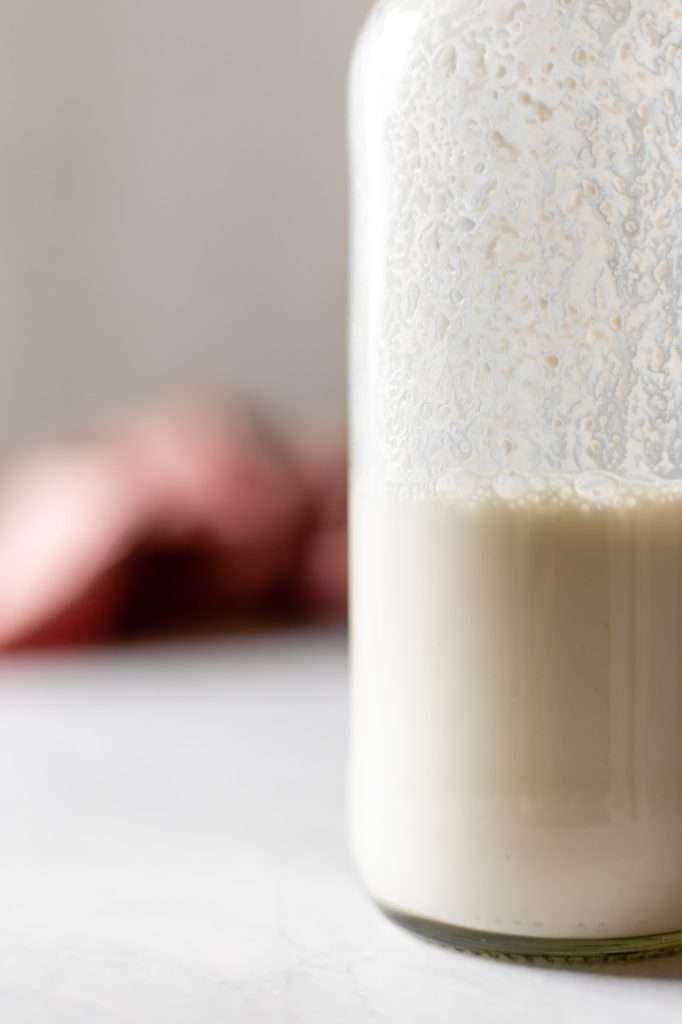
The Human Microbiome
The human microbiome has a natural healthy balance, and many factors influence the composition of an individual’s microbiome. Everything from diet and exercise to the soap you use to how much time you spend enjoying the outdoors influences what microbes populate your body.
Unfortunately, we can easily throw our microbiome populations off balance. This is called dysbiosis and results in a not-so-healthy population of microbes.
The stomach flu, high stress levels, the use of antibiotics, bathing with harsh soaps, eating ultra-processed food, and not going outdoors enough can all take a negative toll on the delicate microbial population you carry around.
This is where probiotics come in handy, especially in our modern society.
There are chemicals and toxins everywhere… there are more antibiotic-resistant superbug outbreaks than ever before. People (and the Earth in general) are over-sanitized and over-polluted.
We deal with NCDs caused by microbiome dysbiosis at much higher rates than ever before.
Luckily we can naturally repair and rebuild our microbiomes daily with cultured foods.
What are Probiotics?
A probiotic is defined as a microbe, usually a species found in a healthy person’s microbiome, that is introduced into the body for its beneficial qualities.
When the good microbes of your body suffer as collateral damage from a course of antibiotics, eating foods with too many preservatives, or even a very stressful day at work, probiotics can help to restore balance!
Most probiotics have been isolated from traditional, cultured food products. Probiotics are a wonderful addition to a healthy diet and exercise.
Having many good bacteria in you and on you can help keep harmful microbes away too. This is so important as antibiotic resistance becomes more prevalent every day.
Think of it like this: if most of the room in and on your body is already occupied by good guys, then there will be no room for the bad guys to set up camp… at least it won’t be very easy for them to do so.
Do Probiotics Work?
The most popular marketed probiotic capsules contain species in the genera Lactobacillus and Bifidobacterium. They are Gram positive, rod-shaped bacteria found in the gastrointestinal tract, vagina, and mouths of healthy humans.
Both types of bacteria originate from the soil and fermented foods. Both aid in digestion, can combat diarrhea, and help to promote a healthy immune system.
Ideally, a probiotic microbe should:
- Be able to compete with pathogenic microorganisms for space, reproduction, and survival.
- Survive the digestive journey and easily incorporate into the gut microbiome population.

So What is the Best Probiotic for Gut Health?
It really depends on your situation. In some cases, a probiotic pill can be very beneficial. Probiotic capsules/pills are especially helpful in introducing a specific species of bacteria to the gut. I find probiotic pills and capsules are best used when a medical condition or treatment requires them.
For healthy people looking to maintain gut health, fermented foods and beverages are the best choice.
Fermented Foods are the Best Probiotic
The digestive journey is tough. Digestion starts in the mouth and takes foods and substances on a harsh journey. Since probiotic cultures grown in labs are never exposed to harsh conditions, they do not adapt to survive well during digestion.
Cultures that are added to foods or capsules are commercially grown in huge vats in laboratories under perfect living conditions for the bacteria. This optimizes growth times and profit margins.
These bacteria are also exposed to cryoprotectant sprays and materials to coat the bacteria in protective chemicals before they are freeze-dried. These chemicals do not have to be disclosed to consumers.
Meanwhile, the bacteria in naturally fermented vegetables come from nature. Specifically, they originate in the soil in which the vegetables are grown.
In that soil, microbes compete for space and for their lives. Only bacteria that can survive in a very low pH environment, with no oxygen and some salt, continue to thrive during fermentation.
These bacteria in fermented foods are natural, strong, and adapted to harsh conditions that are very similar to the human digestive tract! (Here’s some reference material on this subject). This makes fermented vegetables the best probiotic for gut health.
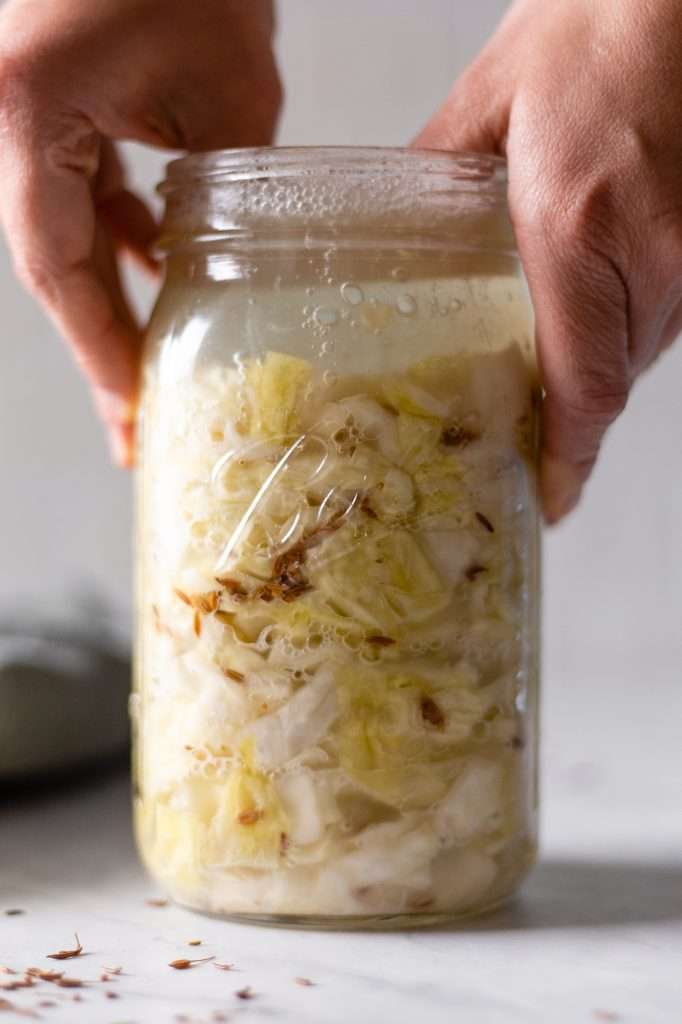
GMOs in Probiotic Pills
Often, you will find that microbes in probiotic pills are GMOs. If the microbe name has a registered trademark next to it, it’s been genetically modified.
Pharmaceutical companies and big food companies have their eyes set on the profit potential of patenting and trademarking particular strains of probiotic bacteria. They are specifically interested in patenting particular strains of bacteria to treat certain diseases.
When they genetically modify the bacteria, the bacteria contain unique gene sequences that can be registered with the US Patent Office. Meaning only the company that trademarked it can grow it.
most of the time, the microbial species they genetically modify were initially isolated from fermented foods.
Fermented Foods are the Best Probiotic
Unlike capsules, the microorganisms in fermented vegetables live in complex mixed ecosystems; they come from the surface of vegetables.
The microbes in sauerkraut, for instance, are exposed to many other species. They are exposed to harsh acidic conditions, can survive the digestive journey, and are well adapted to live with multitudes of other microbes, such as those in the gut.

The Best Probiotic for Gut Health
Here are some of the best natural probiotic foods you can try making at home:
- Turmeric Napa Cabbage Sauerkraut
- Wild Fermented Dill Pickles
- Raw Milk Yogurt Instant Pot Recipe an Easy Plain Whole Milk Yogurt
- Rosemary and Grapefruit Kombucha
- Homemade Kimchi Inspired Spicy Sauerkraut Recipe
- Pepper Fermentation Recipe: Learn How to Ferment Any Type of Pepper
- How to Make Old Fashioned Sauerkraut with Caraway Seeds
- How to Make Fermented Milk Kefir at Home
- Sparkling Golden Beet Kvass Made the Traditional Way
Encouraging a Healthy Gut Microbiome
Gut health is not as simple as just popping a probiotic pill. It’s about forming a dietary lifestyle based around fresh plant foods, regeneratively raised animal foods, eating a variety of seasonal and local fruits and vegetables, and consuming natural sources of probiotic bacteria.
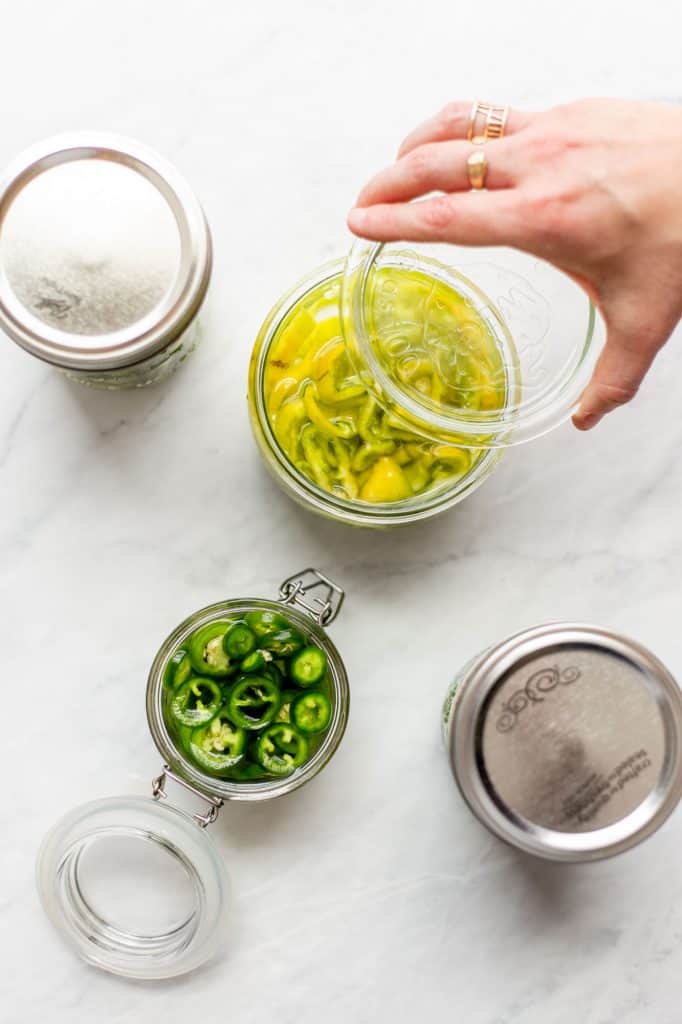
Reference Material
The Production and Delivery of Probiotics: A Review of a Practical Approach
Biogenic Amines in Plant-Origin Foods: Are they Frequently Underestimated in Low-Histamine Diets?
Histamine and Other Biogenic Amines in Food. From Scombroid Poisoning to Histamine Intolerance
Strategies to improve the functionality of probiotics in supplements and foods
Genome editing of lactic acid bacteria: opportunities for food, feed, pharma and biotech





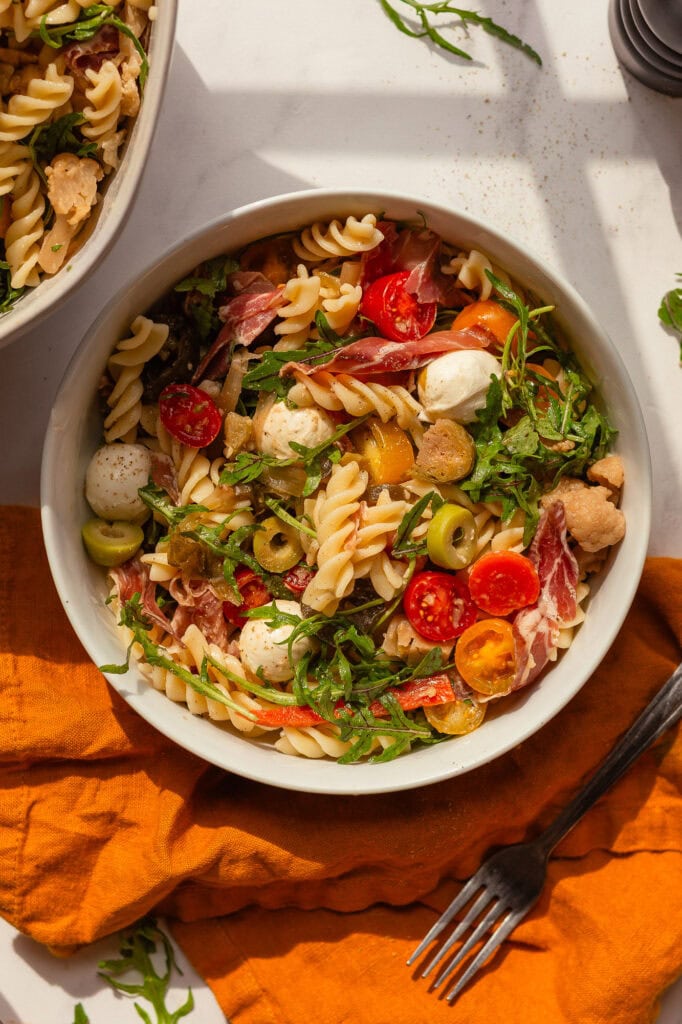
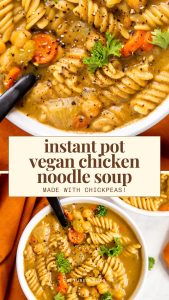

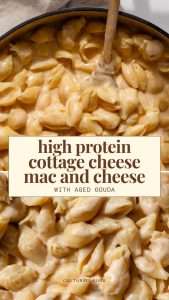


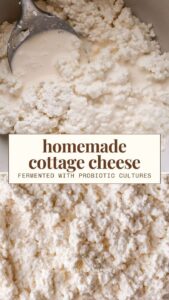
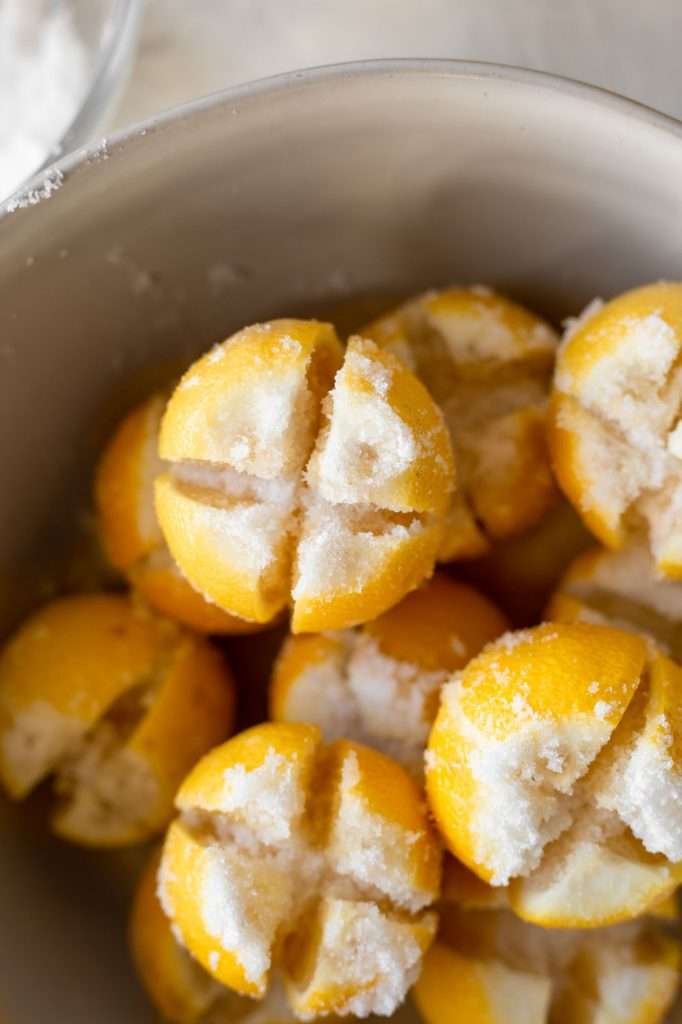
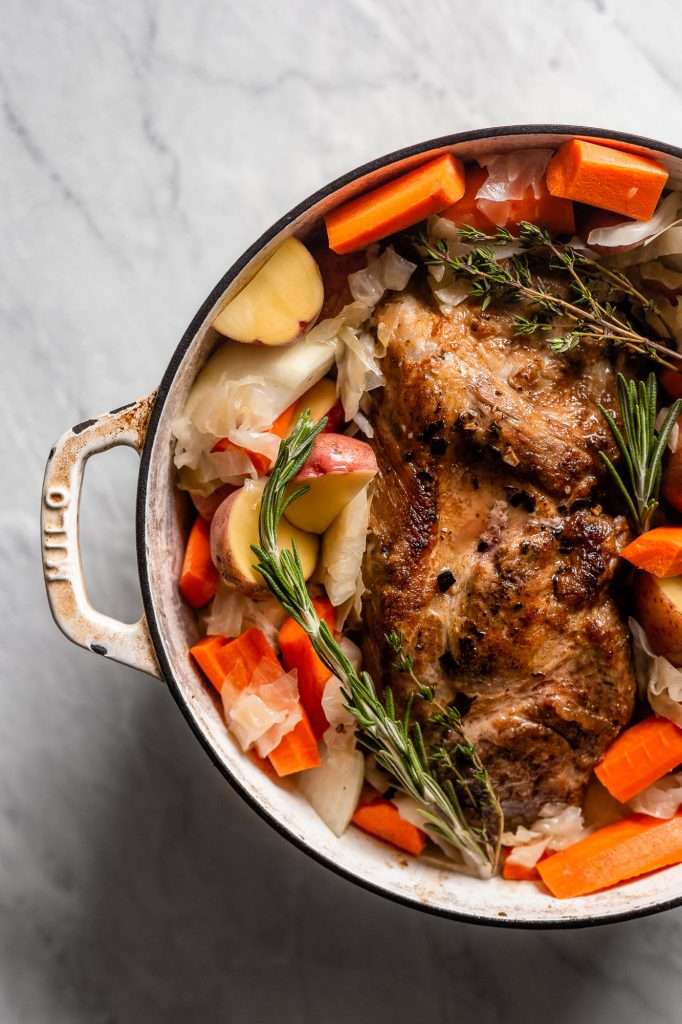
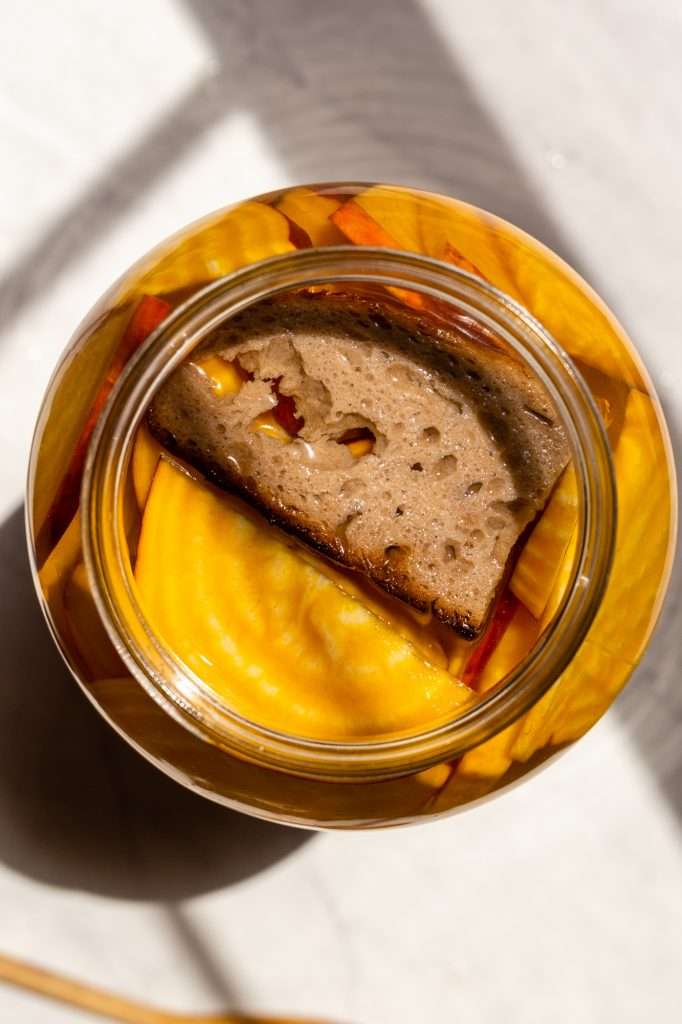
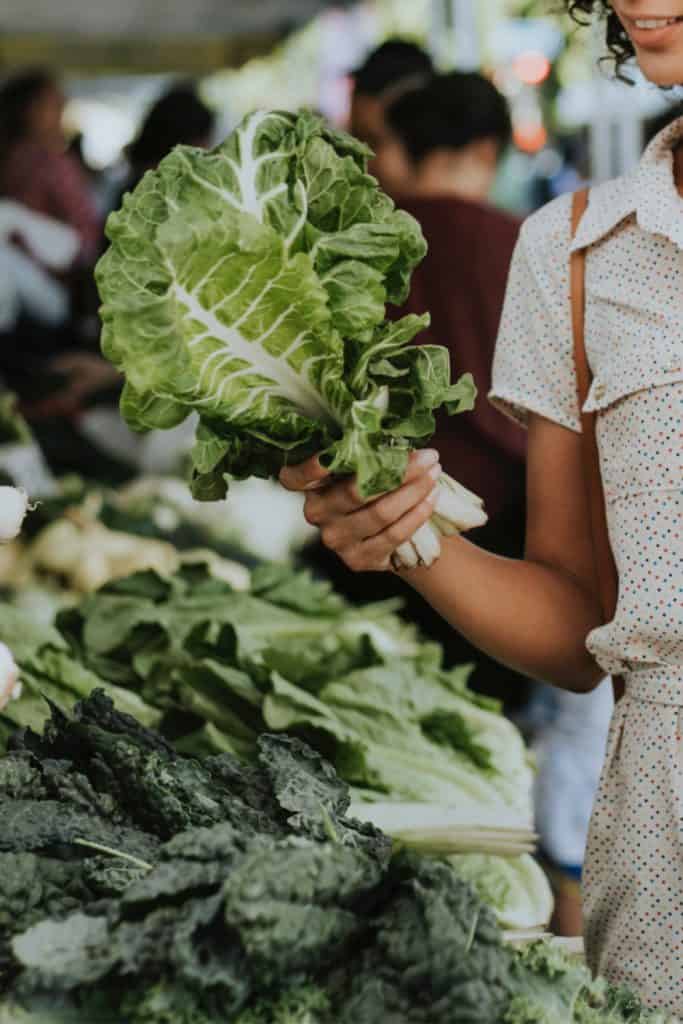

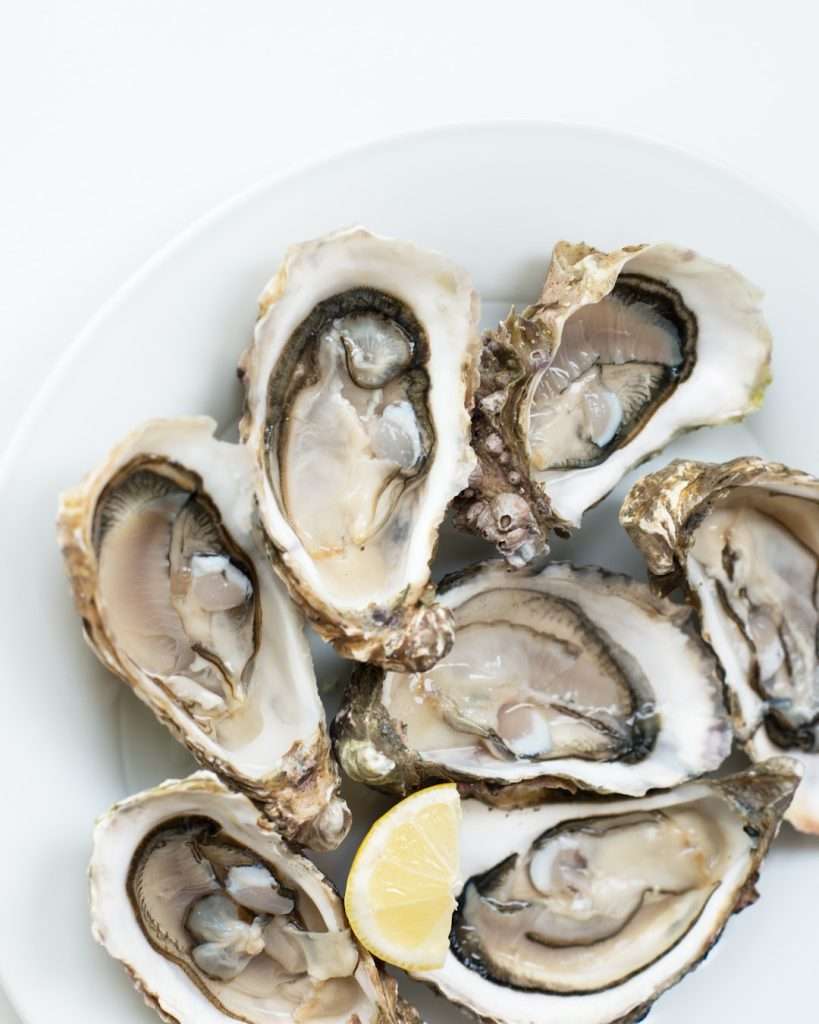


Do you have the dill pickles in the stores in Baton Rouge area???? Thanks
Not currently, our pickles are a seasonal product. They will be available in all our regular baton rouge store locations by the end of August.